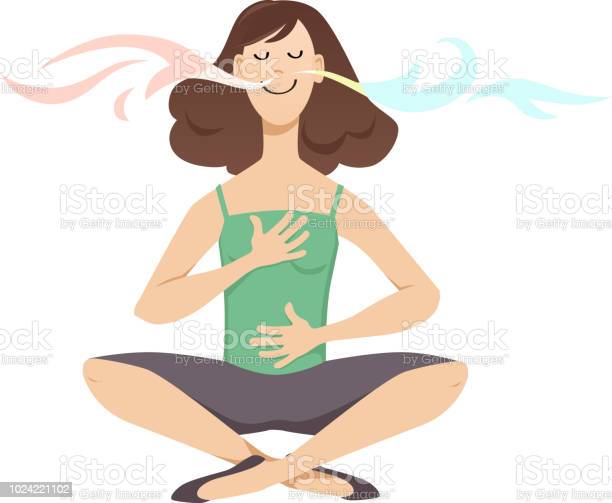
The Queen Of Medicines
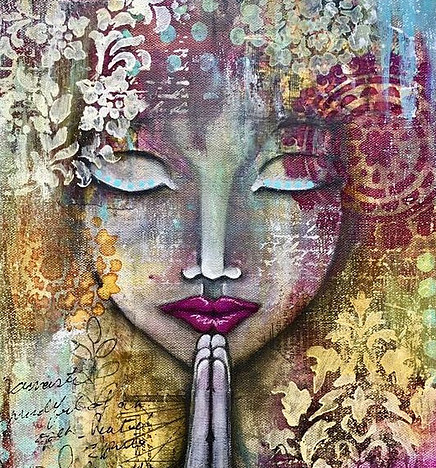 Meanwhile, you start reading this article, be aware of your breathing, in other words, how the breathing process happens observing the process by which you absorb oxygen through inhaling air into your body, exhaling afterward the air filled with carbon dioxide.
Meanwhile, you start reading this article, be aware of your breathing, in other words, how the breathing process happens observing the process by which you absorb oxygen through inhaling air into your body, exhaling afterward the air filled with carbon dioxide.
Inhaling is the first thing we do when we come into this world, and exhaling is the last thing we do when we leave it.
Then, if we analyze it naturally and without rationalizing it much, breathing is life, being our most vital function and often the one we give the least importance.
So I think it´s crucial to breathe well, and I don´t mean just breathing, since if you weren´t breathing right now you wouldn´t be reading this article…
What I really think is important is for you to become more conscious of your breathing as the Queen of Medicines for changing your life, but let me explain a few things before:
- Origin of Prânâyâma
- What is Prânâyâma
- Prânâyâma Phases
- Breathing types
- Prânâyâma types and benefits
1. Origin of Prânayâma
Just as the word Yoga has a complex meaning, this is the case with the word Prâna, which means breath, breathing, life, vitality, wind, energy, strength. Âyâma means length, expansion, extent, or restriction. Prânâyâma implies the extent of breathing and its control, in other words, the control that runs on all respiratory functions. Meaning “the extension or expansion of vital energy”.
Breathing is probably one of the most important physiological processes of our organism especially when we breathe an average of 18 times per minute. And if we look back in time thousands of years ago, the Yogis already recognized the importance of breathing, and that´s why they developed techniques from which a lot of people benefit nowadays to improve their health, as one of the secrets to keeping our mind calm as well our health, because life wasn´t measured by the number of days but the number of breaths, thus adapting rhythmic, slow and deep breathing patterns.
2. What is Prânayâma
Prânayâma is the science of breathing in the practice of Yoga and the fourth of the 8 branches of Yoga described in the Yoga Sutras of Patanjalí, plus the axis around which the wheel of life revolves. There are different writings that mention the techniques of Prânayâma since the 15th century, such as in ¨The Hatha Yoga Pradipika¨.
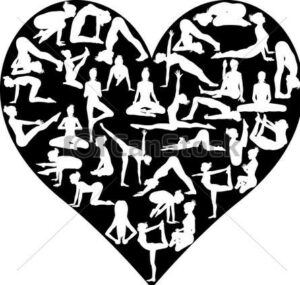 And you’ll probably wonder what these techniques are:
And you’ll probably wonder what these techniques are:
They are a set of exercises and breathing techniques whose main objective is to slow our breathing automatically, starting by becoming aware of how air enters and leaves our body, of the bodily spaces where breathing resounds after there are small pauses between breaths, just like at the same time you can lengthen the respiratory phases and also regulate them.
Basically, consciously breathing is Prânayâma! when we are present breathing we are present in ourselves, in the present moment, taking a relative distance from what worries us.
3. Prânayâma Phases
If Pranayama involves the extension of breathing and its control that runs on respiratory functions we have 4 stages:
- Pûraka: Inhalation or inspiration (filling).
- Rechaka: exhalation or expiration (emptying of the lungs).
- Kumbhaka: holding your breath, where there are 2 stages: 3.1 Antara Kumbhaka or internal holding when breathing is suspended after a full inhalation (the lungs are full of air). 3.2 Bahya Kumbhaka or external Holding when breathing is suspended after a full exhalation ( the lungs are empty of air) before the beginning of new inspiration.
Retention is the real magic of Prânayâma´s practice, although for beginners the focus is mainly on inhalation and exhalation till the practitioner is more advanced.
4. Breathing Types
There are different types of breathing depending on the type of body uses for this process, as it affects directly to the depth of breath:
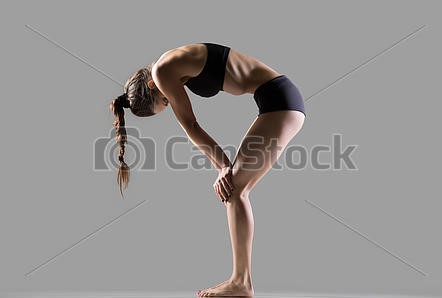
- Diaphragmatic or abdominal breathing: this breathing is based on diaphragm movement, so by inhaling the lower part of the lungs fills slowly with air and as a consequence, the diaphragm descends and the abdomen swells. And when exhaling, the lungs are emptied of air and the diaphragm returns to its initial position. Gaining benefits like the filling capacity of the lungs expansion, promoting then good oxygenation of the bleeding.
- Costal or chest breathing: this breathing is based on the separation of the ribs for an expansion of the chest cavity where the chest box expands and we don’t let air pass into the abdominal area. And practiced in conjunction with diaphragmatic breathing contributes to improving lung capacity and providing a relaxing effect.
- Clavicular breathing: This breathing focuses on the highest part of the lungs, and this process produces a movement of the collarbone. It can be seen in people who suffer for example anxiety or a nervous breakdown, having short inspirations and exhalations because of the diaphragm blockage due to emotional causes. Although it is also seen in pregnant women, especially during the last months as the diaphragm cannot work properly. It´s is not very efficient used on its own and we have to be wary as If we abuse from it can cause us health problems plus it´s poor in ventilation.
- Full Breathing or Yogic Breathing: it´s the combination as well as the purpose of the three breaths mentioned above, which we want to obtain automatically with the continuous practice of Prânayâma exercises. You can gain that your lung capacity increases, better oxygenation of the blood, plus a blood circulation stimulation toning your heart.
5. Prânâyâma Types and Benefits
Proper breathing is one of the keys to good health, and although in the West has not been given the importance given in the East, it can be learned above all with the discipline of Yoga. Since conscious breathing is given great importance to achieve good health of the interrelationship of body and mind.
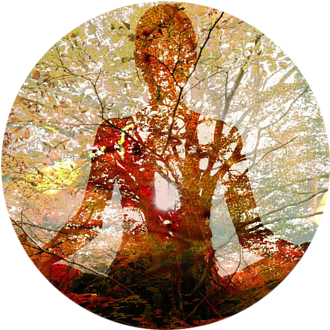 The funny thing if you think about it deeply is: Why don´t we pay enough dedication, attention, and affection to this essential and medicinal organic function? I definitely think is worthy to look after ourselves from a wiser point of view as with the current pace of life we usually breathe quickly and superficially, without making the most of our lung capacity, that´s why I would like to mention briefly the most known Prânâyâma Types when you get into this practice:
The funny thing if you think about it deeply is: Why don´t we pay enough dedication, attention, and affection to this essential and medicinal organic function? I definitely think is worthy to look after ourselves from a wiser point of view as with the current pace of life we usually breathe quickly and superficially, without making the most of our lung capacity, that´s why I would like to mention briefly the most known Prânâyâma Types when you get into this practice:
- Cleaning Exercises – Stimulation 1. Bhastrika: in Sanskrit means bellows, which give us an intense dose of energy. 2. Kapalbhati: in Sanskrit means cleaning, enlightened skull, giving us an intensive cleaning of carbon dioxide in the body.
- Balance Exercises 1. Nadi Shodana: in Sanskrit Nadi means channel and Shodana clean-purify. 2. Ujjai: Sanskrit means victorious, bringing relaxation and calm to the mind.
- Relaxation Exercises- Meditative 1. Bhrameri: in Sanskrit Bramar means bee. And it´s very relaxing. 2. Sheetali: in Sanskrit Sheet means “cold” and Sheetal “calm”. Giving us muscle and mental relaxation.
Can you imagine all these Prânâyâma benefits in your life?
- Body oxygenation improvement
- Regeneration and rejuvenation of the body’s cells
- Nervous system balance
- Calmer mind reducing anxiety
- Concentration improvement
- Well-being stimulation and a sense of peace
- Digestion improvement and absorption of nutrients
I hope you enjoyed this article and if you have any questions, you can ask me anytime!
Love always,
Mónica :-))
Recent Posts
- Women’s Health And Menopause
- How To Eat A Healthy Breakfast
- Best Anti-inflammatory Foods
- Turmeric-The Queen Of Spices
- Yoga Classes/Contact